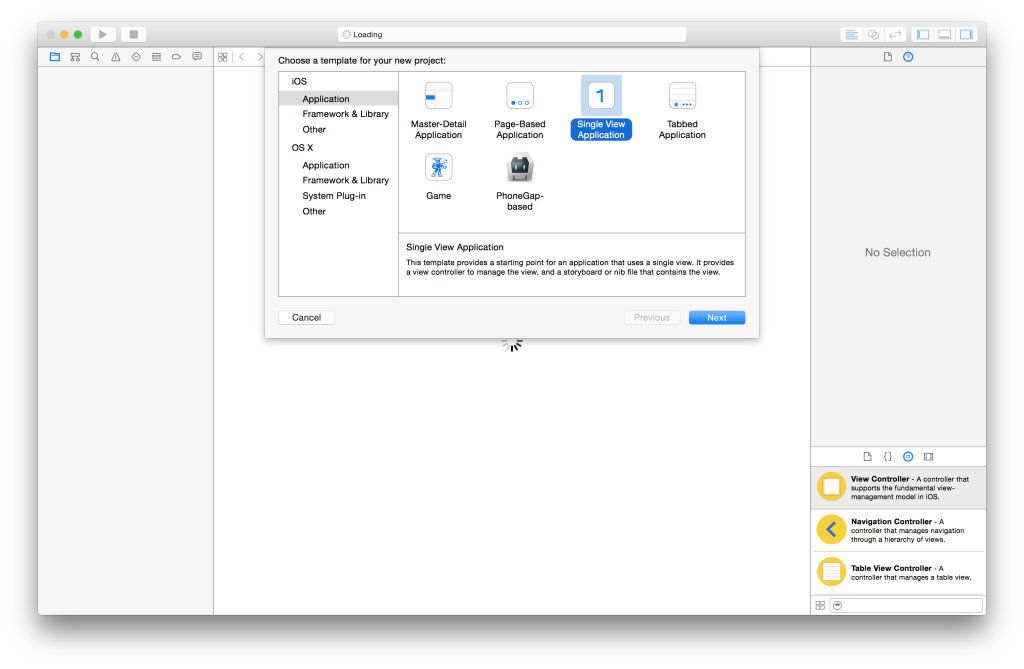

- #SWIFTDEFAULTAPPS INSTALL#
- #SWIFTDEFAULTAPPS SERIES#
- #SWIFTDEFAULTAPPS FREE#
I’m not sure everyone realized the magnitude of what that means.Ĭombining a custom URL with a unique ID means notes and links can become entirely independent from your apps. The handler registers itself to open links like zettel://202006061337, where the number is the unique ID of a zettel (here it’s a timestamp).
#SWIFTDEFAULTAPPS SERIES#
Yesterday I read a series of posts on custom URL scheme handlers on the Zettelkasten forums.
Fixed an unwrapped Optional when changing associations in the "Applications" tab.Custom URL Handler for Files With Unique IDs. Force Static linking of standard library, which should fix issues running on Mojave. Bug causing crash on related to force-unwrapping bundleIdentifier. Magnifying glass crystal designed by Freepik ( ). Magnifying glass frame designed by Balintseby / Freepik ( ). Brush, Ruler and Pencil designed by Freepik. Icon made using the following resources:. Using merrickluo's SynchronizedArray ( ). Using AMTourky's DRYView canned views system ( ). 
Using jakeheis' SwiftCLI 2.0 as a base for the CLI version located inside the bundle.Why? Because new schemes are by default associated to *"Do Nothing", which means Launch Services will always find a valid handler as long as SwiftDefaultApps is installed. As a further cautionary note: If you add a custom URL Scheme when it is not needed, you may not be able to remove it except by uninstalling and reinstalling SwiftDefaultApps.

This options is provided for completeness' sake you should virtually never need to use it, since Launch Services should be able to properly detect any valid URL Handlers.
 One final note: In the URL Schemes tab, you have the option of adding a custom URL Scheme (Removing them on demand is neither possible nor necessary, due to the same thing explained above). In practice, what this means is that although you can choose any application to handle anything, only valid associations will be preserved, as the LaunchServices is permanently looking for invalid or stale associations and removing them. In recent versions of macOS, the LaunchServices have become quite a bit smarter under the hood than they used to be. The second is "Other.", which obviously will allow you to select an application not in the list with a caveat. Its only function is being able to open any URL Scheme or UTI whatsoever, printing a line to the console (specifying whatever it was that launched it) and immediately quitting. One of them is "Do Nothing", what this does is register the item to be handled by a dummy application that lives inside the prefpane bundle which basically does nothing. This data is generated by LaunchServices itself. Selecting any URL Scheme or File type (always represented by a UTI), will give you a list of all valid applications for each LaunchServices role. The user-interface should be pretty self-explanatory but, there are some things that might require an explanation: This Preference pane will let you view and change default application associations for basically any URL Scheme and/or filetype in macOS. To uninstall, simply Ctrl+Click on the Prefpane icon and remove it, or move the.
One final note: In the URL Schemes tab, you have the option of adding a custom URL Scheme (Removing them on demand is neither possible nor necessary, due to the same thing explained above). In practice, what this means is that although you can choose any application to handle anything, only valid associations will be preserved, as the LaunchServices is permanently looking for invalid or stale associations and removing them. In recent versions of macOS, the LaunchServices have become quite a bit smarter under the hood than they used to be. The second is "Other.", which obviously will allow you to select an application not in the list with a caveat. Its only function is being able to open any URL Scheme or UTI whatsoever, printing a line to the console (specifying whatever it was that launched it) and immediately quitting. One of them is "Do Nothing", what this does is register the item to be handled by a dummy application that lives inside the prefpane bundle which basically does nothing. This data is generated by LaunchServices itself. Selecting any URL Scheme or File type (always represented by a UTI), will give you a list of all valid applications for each LaunchServices role. The user-interface should be pretty self-explanatory but, there are some things that might require an explanation: This Preference pane will let you view and change default application associations for basically any URL Scheme and/or filetype in macOS. To uninstall, simply Ctrl+Click on the Prefpane icon and remove it, or move the. #SWIFTDEFAULTAPPS INSTALL#
prefpane, and you will be prompted to install it. Installing & Uninstalling To install, double click on the.
#SWIFTDEFAULTAPPS FREE#
This Preference pane is chiefly intended to be a modern replacement for the amazing RCDefaultApp developed way back when by Carl Lindberg, which stopped working in 10.12 due to deprecation of ObjC Garbage collection.Īdditionally, I guess it was a good way to teach myself Swift.įeel free to contribute, comment or report issues at.








 0 kommentar(er)
0 kommentar(er)
